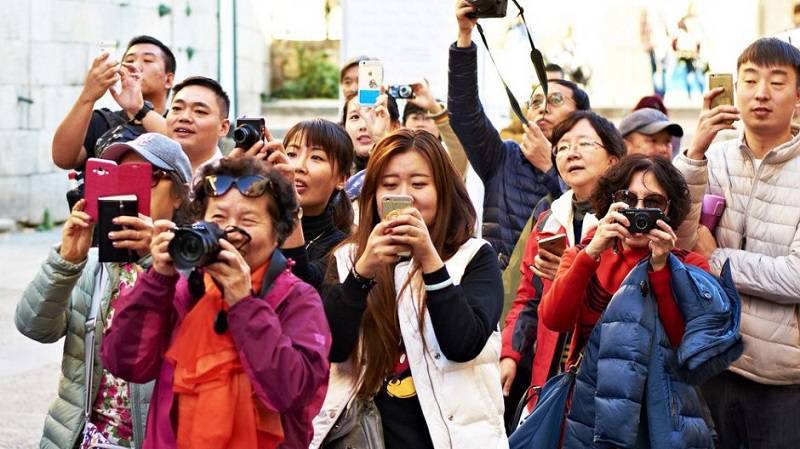
Photo Credit: File Photo
In a strategic move to diversify its tourism sector, Cuba has recently abolished the need for Chinese visitors to obtain tourist visas. This groundbreaking decision aims to foster stronger bonds between the Caribbean island nation and China while enticing travelers from the world’s most populous country.
A Shift In Approach
Traditionally, Cuba has relied on European and North American tourists to fuel its tourism industry. However, recognizing the untapped potential of the chinese market, the Cuban government has taken a bold step by lifting visa requirements. By doing so, they hope to attract a new wave of travelers who can explore Cuba’s rich cultural heritage, pristine beaches, and vibrant cities.
The Benefits of Visa-Free Travel
Boosting Tourism Revenue: With visa barriers removed, Chinese tourists can now plan spontaneous trips to Cuba without bureaucratic hurdles. This streamlined process is expected to increase the number of visitors, leading to higher revenue for local businesses, hotels, and tour operators.
Cultural Exchange: Cuba and China share historical ties, and this move encourages cultural exchange. Chinese travelers can immerse themselves in Cuba’s music, dance, art, and cuisine, while Cubans can learn more about Chinese traditions and customs.
Economic Diplomacy: Beyond tourism, visa-free travel serves as a form of economic diplomacy. It signals Cuba’s openness to collaboration with China in various sectors, including trade, investment, and infrastructure development.
Challenges and Considerations
Infrastructure Readiness: As Chinese tourists flock to Cuba, the country must ensure that its infrastructure—such as airports, hotels, and transportation networks—is prepared to handle the influx. Adequate facilities and services are crucial for a positive visitor experience.
Language and Cultural Awareness: To cater to Chinese tourists effectively, local businesses and guides should invest in language training and cultural sensitivity. Understanding Chinese customs, preferences, and dietary requirements will enhance the overall travel experience.
Balancing Preservation and Development: Cuba’s unique charm lies in its preserved colonial architecture, vintage cars, and unspoiled landscapes. As tourism grows, authorities must strike a balance between development and conservation to maintain the island’s authenticity.
Looking Ahead
Cuba’s decision to waive visas for Chinese travelers is a forward-looking move. It not only promotes tourism but also strengthens bilateral ties. As Chinese visitors explore Havana’s colorful streets, dance to salsa rhythms, and savor Cuban coffee, they become ambassadors for a deeper understanding between two nations separated by oceans but united by curiosity and shared humanity.
















